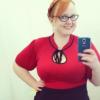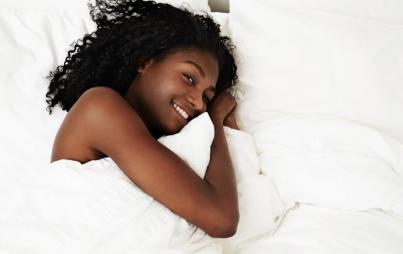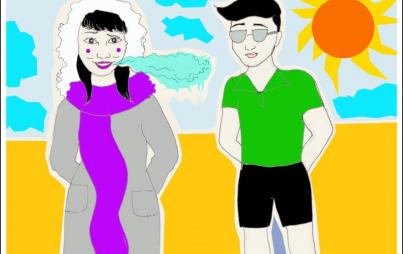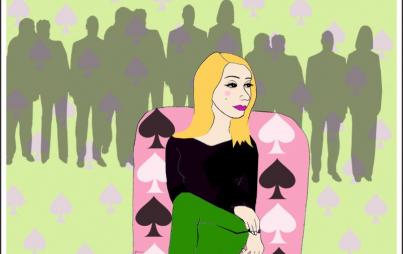
It’s important to know that being asexual isn’t the same thing as abstaining from sex.
This article first appeared on SHESAID and has been republished with permission.
It is extremely cool living in a world where “transgender” and “pansexual” are words the majority of us are aware of.
These terms have grown to become just as prominent in our social dialogue as the words gay, lesbian and bisexual first did in the 1990s. In fact, our overall understanding of gender and sexuality in general is gaining significant width and breadth; we’re coming to terms with the idea that queerness is not as simple as a Kinsey scale. And in line with that growing awareness, asexuality has joined the alphabet soup that is the LGBTQIA community.
Though, given for the most part, our actual knowledge about asexuality is fairly limited.
I’d like to dismantle one common misconception here, and it’s the idea that being asexual means you aren’t interested in sex, or have zero sex drive.
It’s true that some asexual people don’t have much or any sex drive to speak of. But that’s also true for some people who are heterosexual, homosexual, or any other variation of sexual. Also, like other variations of sexuality, asexuality exists as a kind of umbrella with different tiers underneath it. Someone who’s asexual may enjoy sex, just not with other people. Or they may enjoy sex occasionally with other people, but at a rate that’s much slower than what we think an ‘average sex drive’ should look like.
It’s important to know that being asexual isn’t the same thing as abstaining from sex, or staying a virgin for the rest of your life out of some kind of religious or moral belief. It’s not something people do because they think it’s sinful or wrong. Their impulses are just different from others.
I personally identify as being demisexual, a label that’s pretty unknown, even within the queer community. Basically though, it’s housed in the asexual family (I feel like I’m making my own Game of Thrones family line here) and is couched in the base idea that my sex drive doesn’t function in the same way most folks’ does. I’ve never looked at a photo or video of someone and been turned on, I’ve never had a celebrity crush or sat at a bar with friends and proclaimed my willingness to have sex with random passers-by. Because I don’t know them.The crux of demisexuality is that you have to have a connection with someone before you feel any kind of sexual attraction for them.
Some may ascribe this to plain pragmatism, but the difference is more physiological than mental. It’s not like I’m actively choosing not to have sex with people until I know them; it’s that my interest is non-existent until I do. I tried to force myself into having casual sex in my twenties, and literally couldn’t do it.
Asexuality isn’t about not having a sex drive, or even about being smart about who you have sex with — it’s just as much about who you are or aren’t attracted to as being gay or bi is.
And since it’s not nearly as popular as those things, we often grow up feeling like we’re sexually immature, or like something’s wrong with us on a base level if we are in fact asexual, or a version thereof.
I remember making up a celebrity crush when I was 12 – Jonathan Taylor Thomas, by the way – so that I’d fit in when my friends swooned over him and Devon Sawa on the covers of YM and TigerBeat. It took me decades to figure out there was a word for what I was, and even then it was only because I was so deeply involved with the queer community on the internet.
There’s a lot more to the rainbow alphabet soup than we know of, even now, and more identities are named every day. What a cool, multi-hued world we’re creating.
More from SHESAID:








